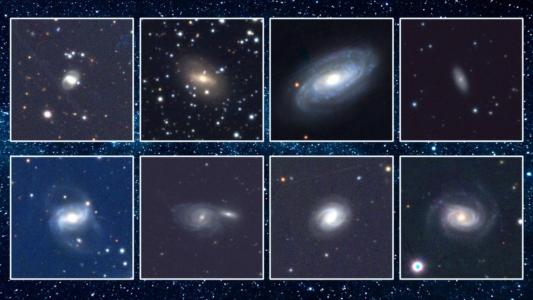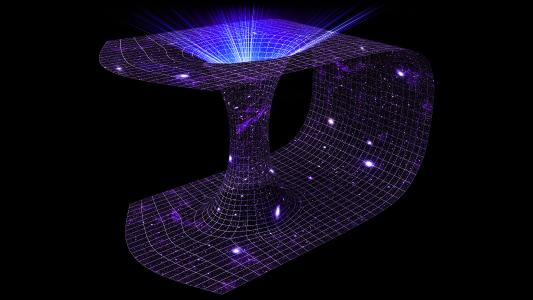Physics
The big problems driving nanotech development
Freethink talks to Brian Anthony, associate director of MIT.nano, on the enormous benefits – and challenges – of microscopic tech.
With inspiration from “Tetris,” MIT researchers develop a better radiation detector
A new detector system based on the game “Tetris” could enable inexpensive, accurate radiation detectors for monitoring nuclear sites.
Persistent “hiccups” in a far-off galaxy draw astronomers to new black hole behavior
Scientists have found a large black hole that “hiccups,” giving off plumes of gas, revealing another black hole.
How three laser-shooting spacecraft could reveal the birth of the universe
The first space-based mission to detect gravitational waves, LISA, could give us a brand new perspective into the universe’s past.
Nuclear’s role in a net-zero world
Is nuclear power a necessary part of the transition away from fossil fuels? As the debate rages on, new technologies may be shift the balance.
How potatoes can keep an eye on nuclear radiation
Plants scientists are researching how fields of genetically modified potato plants could detect radiation.
Astronomers spot 18 black holes gobbling up nearby stars
Scientists have identified 18 new tidal disruption events (TDEs) — when a nearby star is tidally drawn into a black hole and ripped apart.
What was it like when supermassive black holes arose?
At the center of nearly every massive galaxy is a supermassive black hole ranging from millions to tens of billions of solar masses.
Einstein’s 7 rules for a better life
His fame extended far beyond the field of physics, as Einstein played major roles in politics, media, and even the everyday affairs of life.
Google’s quantum computer suggests that wormholes are real
Until recently, wormholes were considered a mathematical curiosity, but Google's quantum computer suggests that wormholes might be real.









